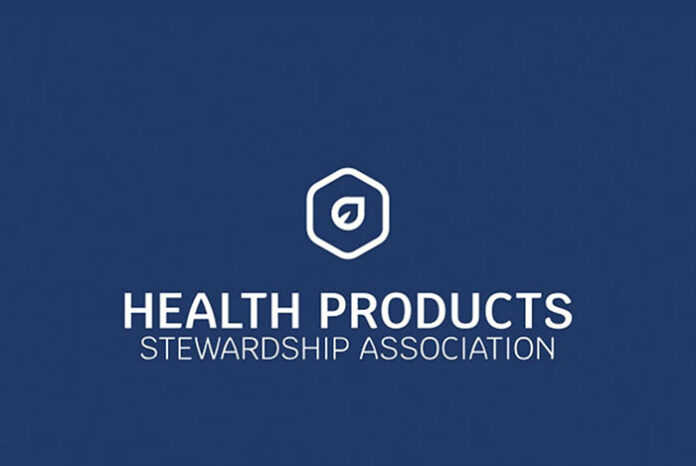
The majority of household medications are left dangerously accessible to children and youth
Canadian families have more work to do when it comes to medication storage, education and action around safe medication handling and disposal.
A recent survey from the Health Products Stewardship Association (HPSA) in partnership with Drug-Free Kids (DFK) Canada and conducted by Angus-Reid in July 2022 shows that 56 percent of parents do not consider the safe disposal of unwanted medications as essential. It also found that 48 percent of parents have never talked to their children about how to safely dispose of unwanted medications – a number that goes up to 58 percent for parents with 11 to 12-year-olds.
As a national not-for-profit association that operates return programs for unwanted medications across British Columbia, Ontario, Manitoba and Prince Edward Island, the study has highlighted a large gap in the general awareness of return programs among Canadian parents and how they apply proper medication handling and disposal practices.
“These results reinforce the need for education around safe medication handling and disposal among Canadian parents and guardians to set an example for their children early in life,” said Terri Drover, Director-General at HPSA. “We’re proud to partner with DFK Canada to strengthen our commitment to fostering more conversations on the importance of return programs for safer communities and environmental sustainability.”
The majority of parents keep unwanted medications accessible at home
Over half of parents and guardians have unwanted medications in the home, with 70 percent saying they do not keep their medications locked away. These factors can lead to a higher risk of accidental ingestion among children and teenagers.
Combined with the fact that nearly half of parents and guardians report that they do not have conversations with their children about how to safely dispose of unwanted medications, the lack of oversight and ongoing discussion can increase the risk of youth substance misuse.
An encouraging sign from the study shows that parents are more likely to have conversations about safe disposal with teenagers aged 13 to 19, which is mirrored in the data from the teenagers surveyed.
“Parents and guardians need to start open conversations with their children about safe disposal at an earlier age,” said Chantal Vallerand, Executive Director, DFK Canada. “When parents start to engage with their kids and have meaningful dialogues about drugs, it can make a world of difference in their decision-making. The sooner our children understand the risks and effects of medications, the more we can minimize accidental ingestion at home.”
Protecting the environment starts at home
While safe disposal of unwanted medication protects our children, it also protects our environment as it prevents harmful chemicals from leaching into the lakes and landfills.
The study found that 65 percent of parents dispose of their unwanted medications through take-back programs, but 4 out of every 10 parents claim they still toss them in the garbage.
With 87 percent of teenagers increasingly concerned about environmental sustainability, parents can help drive this value forward by reinforcing environmental protection in their conversations about safe medication disposal.
“It’s not a matter of out of sight out of mind. Disposing of medications in the trash or down the drain affects our environment. It leads to harmful impacts on wildlife, livestock, pets and our community,” said Drover. “Parents can highlight the environmental impact with their children at an early age to help promote safe disposal habits as they grow older.”
The survey was conducted by Angus-Reid for HPSA in partnership with DFK Canada that consisted of a sample audience of 1,015 parents of children aged 11 to 19 as well as 505 teenagers aged 13 to 19 in British Columbia, Manitoba, Ontario, Prince Edward Island and Quebec.











